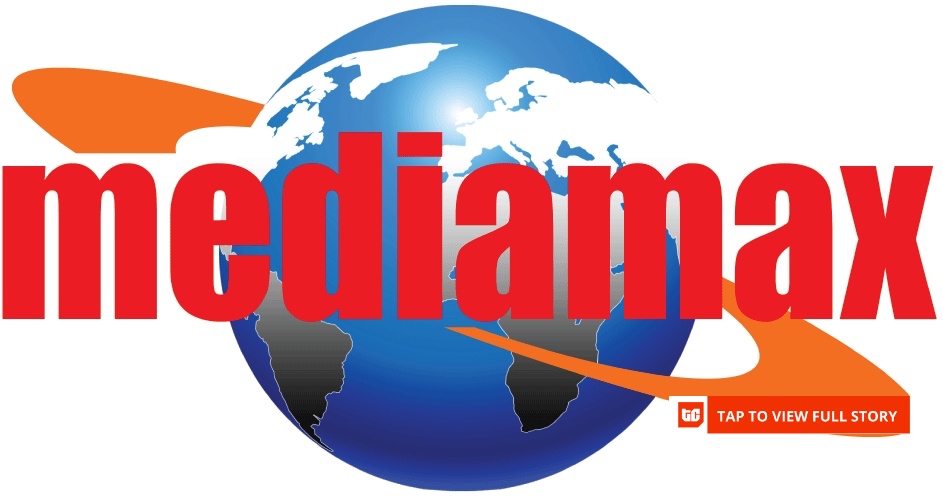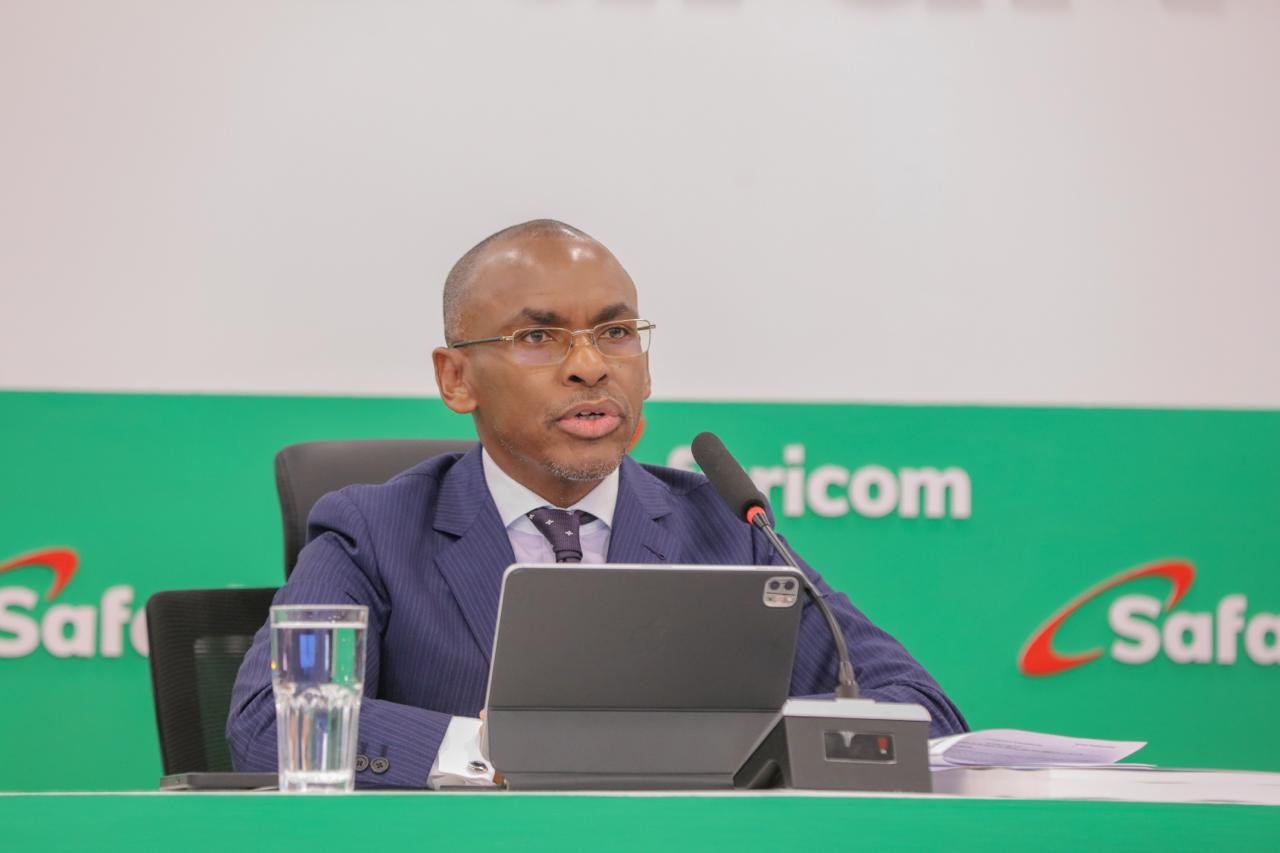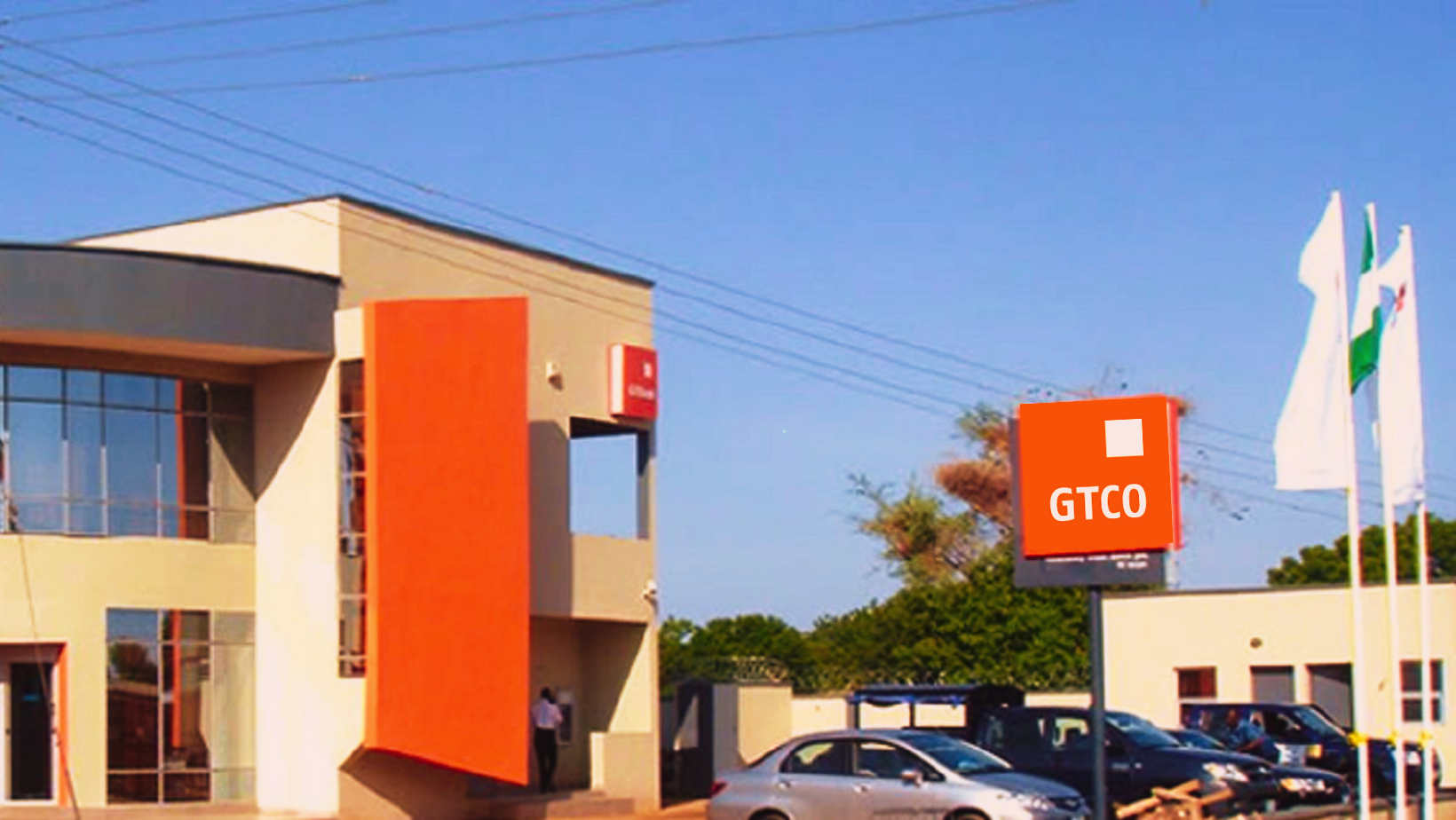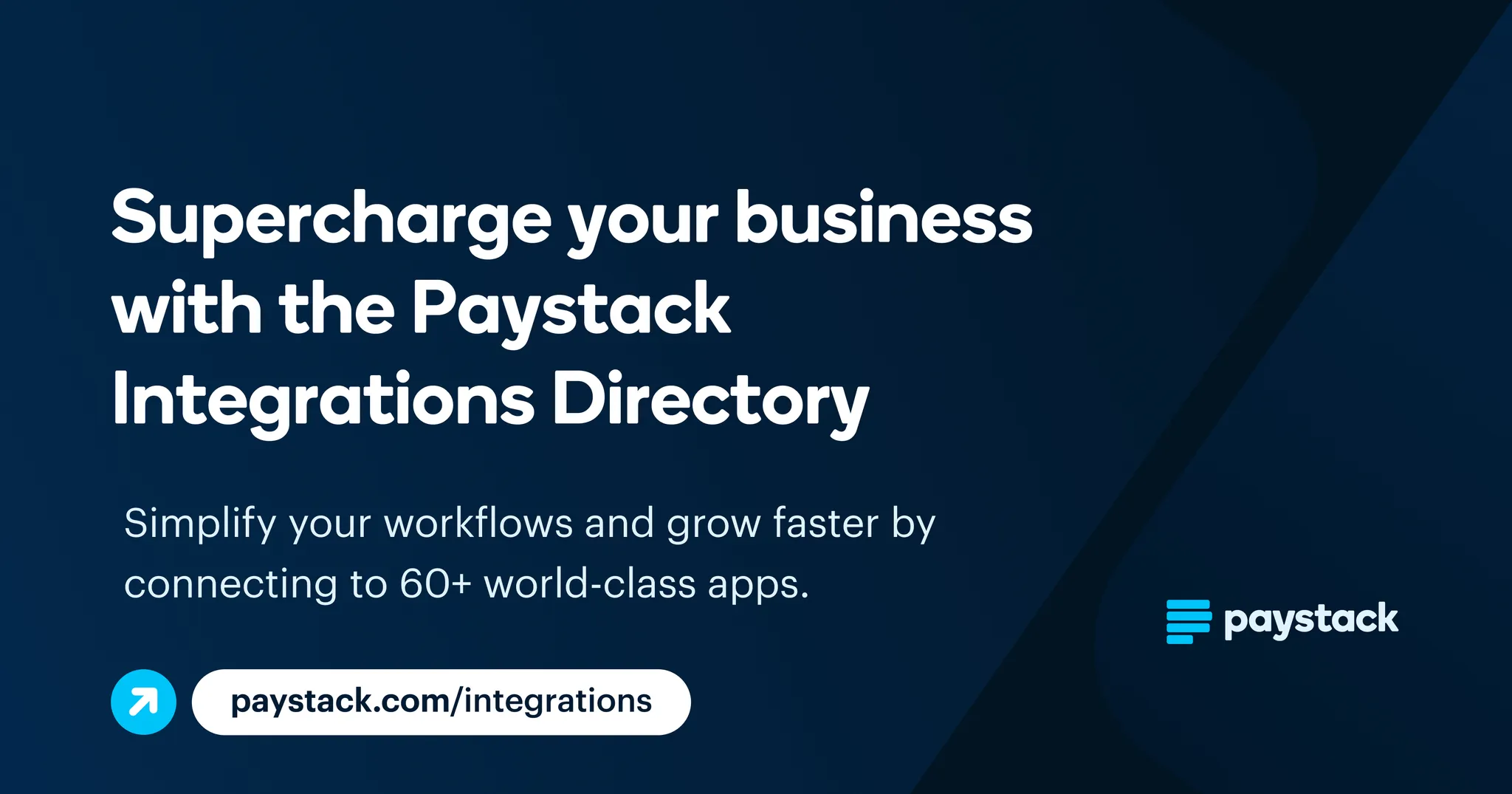

Good morning. 
A major change in e-commerce we’re tracking this week: Jumia Nigeria now has a new captain, Temidayo Ojo. The former Jumia Ghana CEO has taken over from Sunil Natraj, returning home to steer Jumia’s Nigerian ship through the wild waters of e-commerce.
Let’s get into today’s dispatc

Layoffs
Kenya’s Mediamax has cut jobs six times in four years

Capitalism strikes again. Or more accurately, economic headwinds are flogging media businesses in Africa, and employees are getting the boot.
Following a series of alarming layoffs in the Kenyan media industry, Mediamax, a company famous for political breaking news stories, has joined the fold.
The media company has laid off employees for the sixth time in four years—that’s about one layoff every 8 months. Harsh economic conditions and restrictive policies, according to Mediamax, are factors driving businesses to the ground.
Why’s the axe swinging without mercy? Blame the usual suspects. The media house says Kenyans are consuming news differently and sales are falling. It’s not just about TikTok eating into the audiences or advertisers moving online. The old models aren’t working anymore. Mediamax wants to adapt or risk packing up.
Between the lines: 500 journalists and media workers have been laid off. Nation Media Group (NMG), in August 2023, saw 15 employees cut from their jobs—the company’s fifth round of job cuts. In July of that same year, over 300 employees of Standard Group received one-month notices to be laid off.
Even though layoffs have become a default response to pressure, companies are also trying to reinvent themselves by pivoting to digital mediums and experimenting with new formats.
But what happens to the workers left behind? Many may transition into adjacent fields like communications, content strategy, or digital marketing. Roles that tap into their skills but exist outside traditional newsrooms. As legacy media adapts, so must its people. Even though they are often without a clear roadmap, and enter into sectors that are equally changing fast.
Paying 2% or more on every transaction adds up fast.

For businesses in e-commerce, logistics, travel, fintech, and more, every naira counts. Fincra helps you save more with 1% NGN fees capped at ₦300. Ideal for high-value or high-volume transactions. Get started for free with just your email address!
Telecoms
Safaricom fixes router loophole that let users access free internet for years

Some Safaricom users had free internet for years, and the streets kept quiet (side-eye).
For years, thousands of Safaricom’s fibre-to-the-home (FTTH) network users accessed internet services without paying the full price or any price at all. This was due to a technical loophole that had existed since 2018. Users exploited weak router authentication protocols to stay online illegally. Now, it has been fixed.
The error: Safaricom’s routers required a unique username, but accepted one generic password for all accounts. That meant anyone with an account number—expired, recycled, or borrowed—could log in and get internet access without paying. In some cases, Safaricom’s outsourced agents helped customers do this for as little as $7.72.
The result? Safaricom lost millions of Kenyan shillings in unpaid subscriptions. Beyond the revenue hits, this loophole revealed a major weakness in the telecom operator’s internal control and backend infrastructure.
The resolution. Fixing this issue proved difficult for Safaricom. Parts of the system relied on the infrastructure from the operator’s early fibre deployment days. This means fixing the problem would have required deep changes in their backend. Plus, Safaricom’s internal team knew about this problem for years, but could not act because of this legacy infrastructure.
In 2024, the company enforced unique passwords that heightened restrictions on browsing sessions to shut out freeloaders. It leaves questions hanging about how a vulnerability of this scale went unchecked and quiet for so long.
Paga Engine powers the boldest ideas in Africa

“Across various use cases and industries, Paga Engine provides reliable rails for your business needs to run smoothly and grow sustainably.” – Tayo Oviosu. Read the full article.
Companies
GTCO surpasses ₦100 price per share on NGX

2025 is shaping up to be a good year for retail investors.
First, MTN Nigeria doubled its share price since the start of the year; then, GTBank became the first bank to cross ₦100 price per share after closing Wednesday at ₦101 ($0.07). Only Stanbic Bank comes close to that feat at ₦99.20 ($0.065).
Are you holding company shares on the Nigerian Exchange (NGX)?  Because it seems investors are having a blast this year.
Because it seems investors are having a blast this year.
Between the lines: GTBank, Nigeria’s most capital-efficient bank, is playing 3D chess. One week ago, it listed its shares on the London Stock Exchange (LSE), becoming the first Nigerian bank to dual-list across two bourses.
State of play: The bank plans to appeal to local and foreign investors, raising capital abroad, and expanding its revenue basket overseas. The market seems to be responding well to GT’s selective expansion strategy.
Its FUGAZ classmates have been making interesting moves lately. Zenith Bank is trying to go to Kenya, while Access Bank is deepening its play in East Africa and setting up a foreign capital base in the UK. UBA announced its ‘strategic expansion’ to key markets across Africa, and First Bank expects to meet their recapitalisation target before the end of this month.
Zoom out: Overall, Nigerian commercial banking stocks—all twelve of them—have surged by 36.65% since the start of the year. This is more than the 12.57% they did in 2024—and it’s only mid-year.
The banks’ momentum could just be as a result of the NGX’s strong performance so far. Investors seem to be rewarding the performance with more bag grabs. For example, retail investors bought 48 million shares of GTCO on June 16—more than twice the number the previous trading day—showing the faith they’re putting in the bull run. Whether this green uptick will continue in the remaining months is a question we wish we could answer with a crystal ball. Sadly.
Connect Paystack to the world’s best tools!

With the Paystack Integrations Directory, connect to 60+ powerful apps to streamline your business. Learn more here →
Economy
Nigeria’s Inflation eases for the third month in a row

Nigeria’s headline inflation eased for the third straight month in June. Data from the National Bureau of Statistics (NBS) shows that headline inflation dropped by 75 basis points, from 22.97% to 22.22%.
Between the lines: Since April, headline inflation—which measures total inflation rate, including food and energy prices—has declined steadily, easing by 149 basis points from 23.71%.
What’s driving the slowdown? First, food prices. A decline in key staples such as rice, maize and vegetables helped curb food inflation—previously the main inflation driver.
Second, Nigeria’s base effects. 2024’s rapid increase in energy and transport costs now serves as a high base, making year-over-year comparisons more favourable.
Third, policy measures by the Central Bank of Nigeria (CBN) could finally be paying off. Tighter monetary policy, including FX interventions and import restrictions, continued to ease pressure on the naira, helping to stabilise prices.
Why does headline inflation matter? Lower inflation means less pressure on household budgets. But the CBN will need to decide whether price stability or economic activity should come first.
Unlock the secrets to financial freedom at the Naira Life Conference by Zikoko

The Naira Life Conference will bring together finance experts, industry leaders, creators, and entrepreneurs who will share their own journeys and offer actionable strategies to make your financial dreams a reality. Think: bold conversations, immersive workshops, and content tracks that hand you a playbook for building real wealth. It’s happening on August 8 at the Jewel Aeida, Lekki. Get tickets here to secure a spot.
CRYPTO TRACKER
The World Wide Web3
Source:

|
Coin Name |
Current Value |
Day |
Month |
|---|---|---|---|
| $118,630 |
+ 0.72% |
+ 10.77% |
|
| $3,371 |
+ 7.19% |
+ 30.67% |
|
| $0.4760 |
+ 0.02% |
+ 75.26% |
|
| $171.96 |
+ 5.41% |
+ 11.65% |
* Data as of 06.30 AM WAT, July 17, 2025.
Opportunities
- MEST Africa has opened applications for its 2026 AI Startup Programme. The 12-month training and incubation programme will equip West African software developers aged 21–30 with the skills to build scalable AI startups. Selected participants will undergo seven months of hands-on training in Ghana starting January 2026, followed by a four-month incubation for the most promising teams. Applications close August 22, 2025. Apply here.
- Applications are still open for the 2025 FATE Institute Fellowship, a two-year, part-time and virtual programme for experienced Nigerian professionals passionate about entrepreneurship and policy reform. The fellowship is open to candidates with at least 10 years of relevant experience and a completed or ongoing Master’s or PhD in fields like Economics, Law, or Political Science. Fellows will work remotely, contribute to research on Nigeria’s entrepreneurship ecosystem, engage with policymakers, and take part in virtual policy discussions, without needing to leave their current roles. Apply by July 25.
- We’re launching TechCabal Insights Market Researcher
 , a tool that helps you find and analyse African tech and business data in seconds. Whether you’re looking for startup funding numbers, market trends, or investor activity, it does the digging for you—fast and accurately. Be the first to try it. Join the waitlist.
, a tool that helps you find and analyse African tech and business data in seconds. Whether you’re looking for startup funding numbers, market trends, or investor activity, it does the digging for you—fast and accurately. Be the first to try it. Join the waitlist. - Nithio is offering $50,000–$500,000 in flexible financing to clean energy startups in Kenya and Nigeria. Eligible companies include solar home system providers, clean cooking ventures, and businesses selling appliances like solar fridges or mills. Applications open on July 21; learn more.

Written by: Ifeoluwa Aigbiniode, Emmanuel Nwosu, and Opeyemi Kareem
Edited by: Emmanuel Nwosu
Want more of TechCabal?
Sign up for our insightful newsletters on the business and economy of tech in Africa.
- The Next Wave: futuristic analysis of the business of tech in Africa.
- TC Scoops: breaking news from TechCabal
- TNW: Francophone Africa: insider insights and analysis of Francophone’s tech ecosystem
P:S If you’re often missing TC Daily in your inbox, check your Promotions folder and move any edition of TC Daily from “Promotions” to your “Main” or “Primary” folder and TC Daily will always come to you.

from TechCabal https://ift.tt/8zROAqt
via IFTTT




Write your views on this post and share it. ConversionConversion EmoticonEmoticon